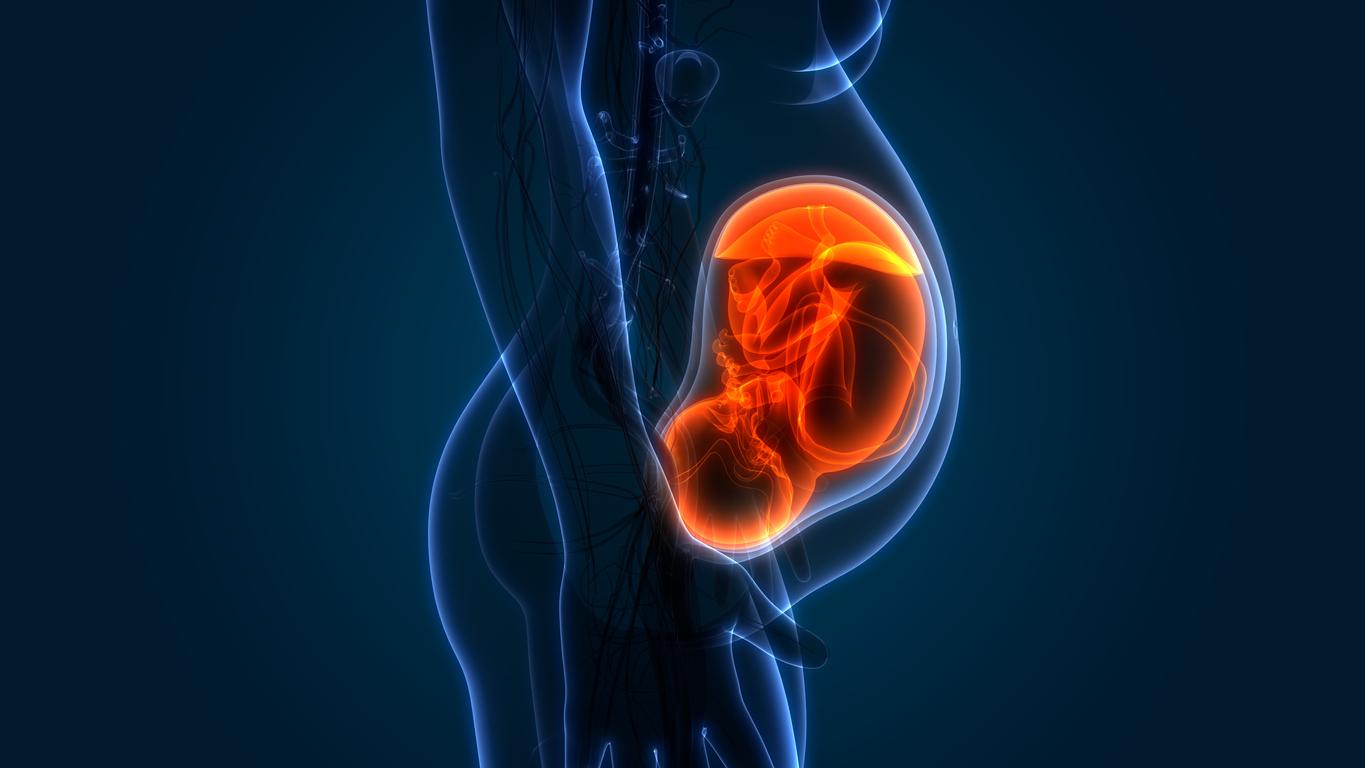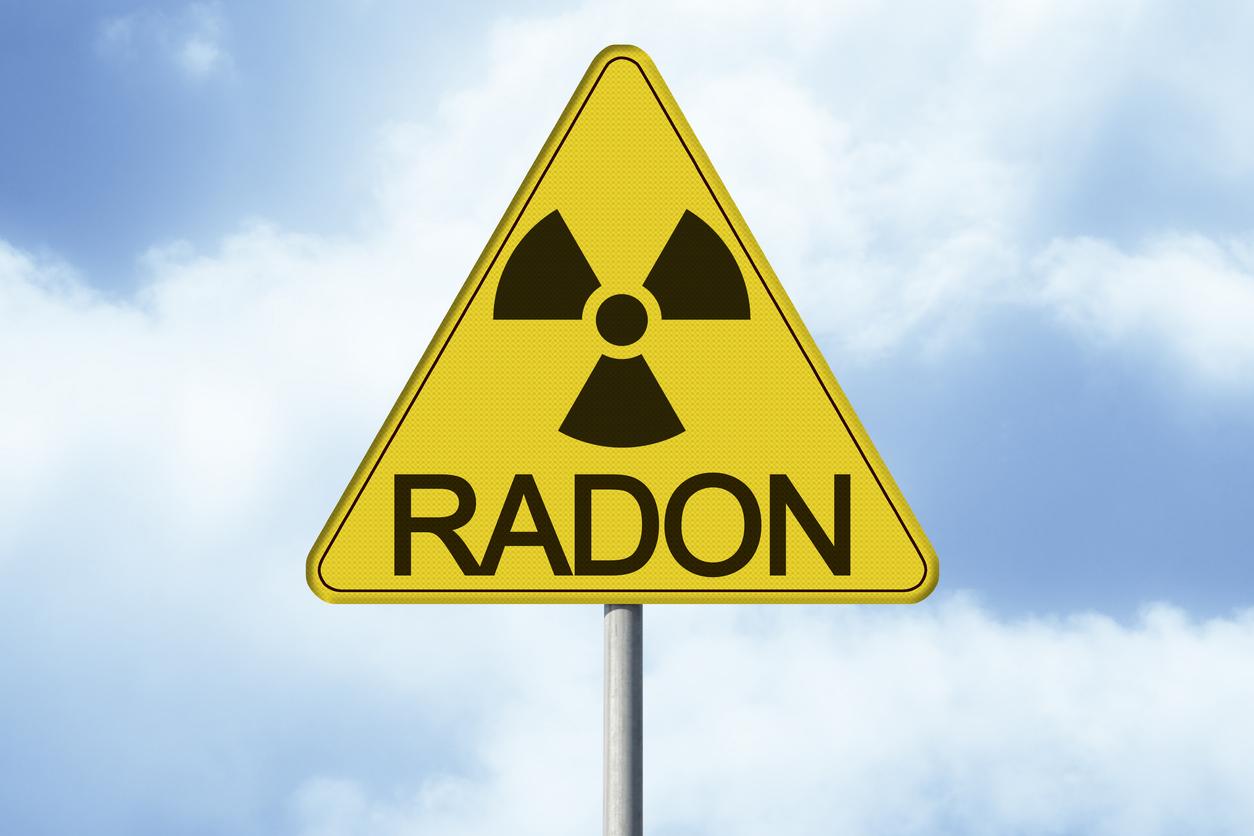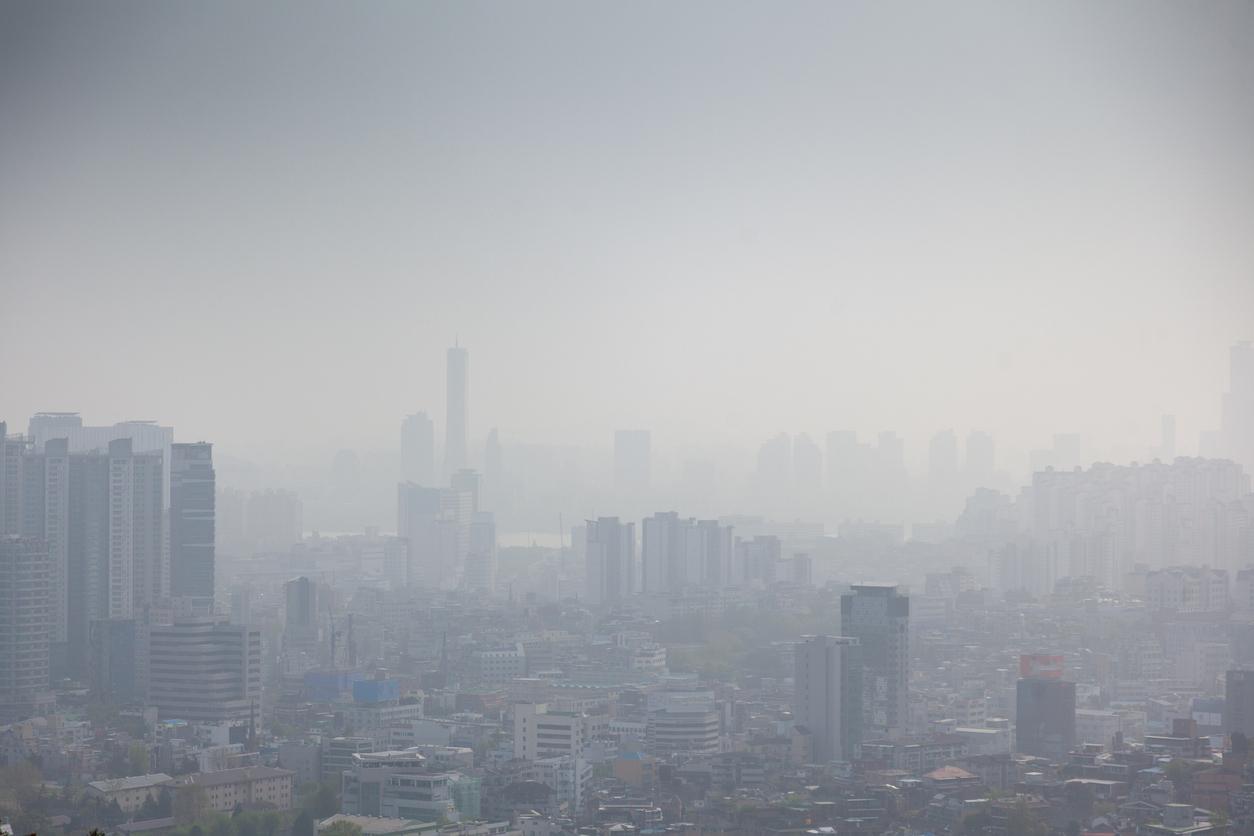Previous studies have shown that air pollution is responsible for a low weight babies at birth and greatly increased the number of premature births. This time, the researchers believe they understood the reason because they found evidence that the particles air pollution pass through the lungs of pregnant women and lodge in their placenta via the bloodstream.
For this study, researchers at Queen Mary University in London studied the placenta of 5 pregnant non-smoker women, all of whom had delivered healthy babies after cesarean section. They found there “tiny particles of carbon, usually created by burning fossil fuels” they announce in a press release.
Particles inhaled then digested by macrophages
“Until now, there was very little evidence that inhaled particles enter the bloodstream through the lungs” explains Dr. Lisa Miyashita, main author of this study presented at the congress of theEuropean respiratory society, which is currently being held in Paris.
The team of researchers looked at particular cells called placental macrophages. Present throughout the body, they are responsible for “swallowing” harmful particles, as bacteria and pollution particles. In the placenta, they also help protect the fetus. By studying them under an electron microscope, they discovered tiny particles of carbon.
Dr Liu adds: “Our results provide the first evidence that inhaled pollution particles can travel from the lungs to the bloodstream and then to the placenta. We don’t know if the particles we found could also travel in the fetus, but our evidence suggests that this is indeed possible “.
Read also :
Growth retardation in utero: 1 in 5 babies diagnosed
The risks of pregnancy are poorly understood


















